What Is The Essence Of Enterprise Resource Management Systems
On April 7, 2020 by Morthe Standard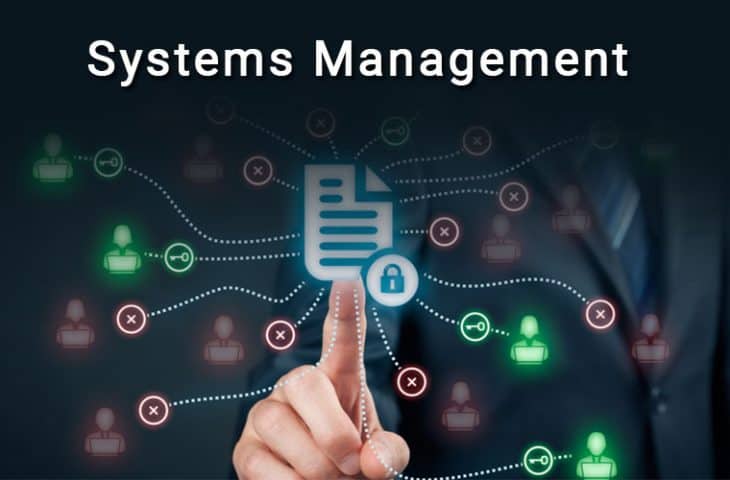
More and more companies are using various information systems to automate their business processes, such as software for forecasting and supply chain management (SCM), resource planning systems (ERP), customer relationship management systems (CRM), human resource management (HRM) systems, according to Syntax Cloud ERP. Since each of them uses different databases of information about – products, suppliers, customers, staff, etc. – there is a tendency for these systems to be offered as interconnected solutions (so-called Integrated Systems), realizing significantly greater efficiency. Specifically, ERP systems are increasingly being integrated with systems such as SCM, CRM, HRM and more. One of the significant benefits of this integration is that the available information can now be processed and combined in new ways. This gives the business management a much more complete view of the business processes in the company.
Table of Contents
ERP systems
Definition – Enterprise Resource Planning (ERP) is a software system that covers the company’s core business processes related to planning, budgeting, management and control in the areas of – supply, warehouse, production, sales and human resources.
ERP systems cover all the planning and management functions relevant to the manufacturing process, including raw material and material management, machinery and employee time tracking equipment, human resources, supplier and customer relationships. Both the production process itself and the corporate governance systems must be organized in such a way as to strengthen the firm’s market position and to be consistent with its development strategy. Effective corporate governance systems should emphasize the competitive advantage of the company in the relevant market segment.
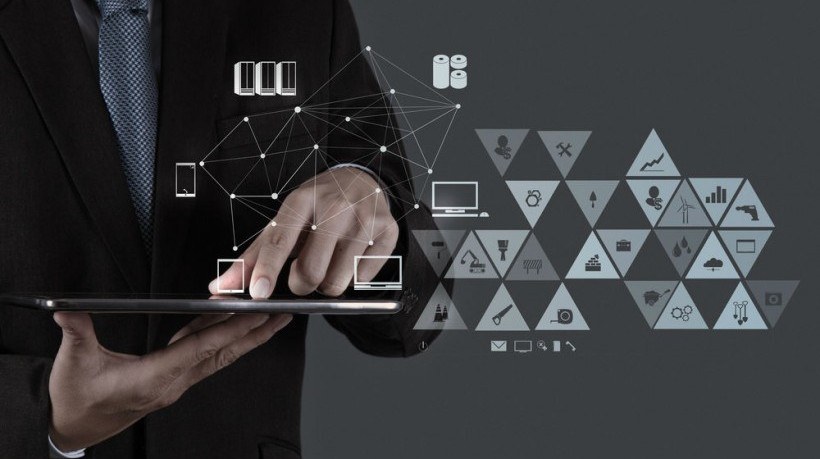
Main reasons for using ERP systems
Access to integrated financial information – when the CEO tries to understand what the financial performance of the company as a whole is, he can get many different options, static and dynamic, that come from the processing of the same information from the system.
Access to integrated ordering information – ERP systems can be transformed into the place where orders exist from the moment of receipt by the customer to the loading of the goods of the vehicle (car, train, ship or airplane), invoicing and payment. When this information is in one application, instead of being scattered in many different programs that do not communicate with each other, companies can much more easily track orders and coordinate production, warehousing, deliveries, duties and receivables from different customers.
Standardizing and accelerating production – manufacturing companies, especially those with frequent mergers and acquisitions, find that different business units in the company do the same thing using different methods and applications. ERP systems provide standard methods for automating certain stages of production. Standardizing processes and using a single integrated IC can save time, increase productivity and lead to optimization of staff.
Reduced inventory – ERP contributes to a smoother production process and improves the transparency of the order fulfillment process within the company. This leads to a reduction in the stocks of raw materials and materials required for production to be maintained, to better planning of deliveries, as well as to a reduction of goods in storage.
Find us on Google and BrownBook.
You may also like
Recent Posts
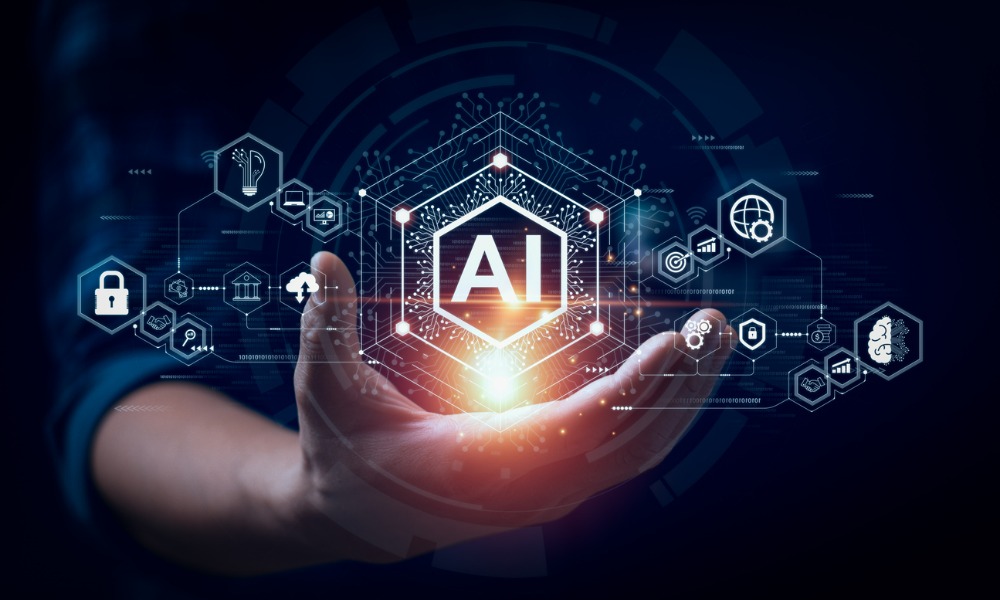 Unleashing AI Power for Small Business Marketing Success
Unleashing AI Power for Small Business Marketing Success Pourquoi Choisir Une Structure En Acier Pour Vos Projets En Afrique ?
Pourquoi Choisir Une Structure En Acier Pour Vos Projets En Afrique ? Top IPTV France Providers: Finding the Best Service for You
Top IPTV France Providers: Finding the Best Service for You The Importance of Innovation Management in Business Success
The Importance of Innovation Management in Business Success How to Measure Lab Diamond Ring Size
How to Measure Lab Diamond Ring Size Web hosting plan: pro and cons of shared hosting and VPS hosting
Web hosting plan: pro and cons of shared hosting and VPS hosting White Sapphire vs. Diamond: The Ultimate Comparison
White Sapphire vs. Diamond: The Ultimate Comparison How Pawnbroking Works: A Step-by-Step Guide to Pawn Loans
How Pawnbroking Works: A Step-by-Step Guide to Pawn Loans GH Express LLC: Your Strategic Partner for Business Success in the U.S.
GH Express LLC: Your Strategic Partner for Business Success in the U.S.Novita Diamonds Shines a Light on Women’s Empowerment with Dress for Success Partnership
Buying Ethereum Down Under: Your Guide to Purchasing ETH in Australia
 Exploring the Brilliance of Lab-Grown Diamonds: Understanding the 4Cs
Exploring the Brilliance of Lab-Grown Diamonds: Understanding the 4Cs Lab Diamonds: The Top Choice for Ethical, Affordable, and Sustainable Brilliance
Lab Diamonds: The Top Choice for Ethical, Affordable, and Sustainable Brilliance SEO Backlink Services and Template Customization by a Pennsylvania SEO Expert
SEO Backlink Services and Template Customization by a Pennsylvania SEO Expert The Sparkle of Sustainability: Lab Grown Diamonds Adelaide
The Sparkle of Sustainability: Lab Grown Diamonds Adelaide
Popular Posts
 Leveraging User Forums and Communities: Online iPhone Selling
Leveraging User Forums and Communities: Online iPhone Selling Why You Should Be Adding Content to Google My Business
Why You Should Be Adding Content to Google My Business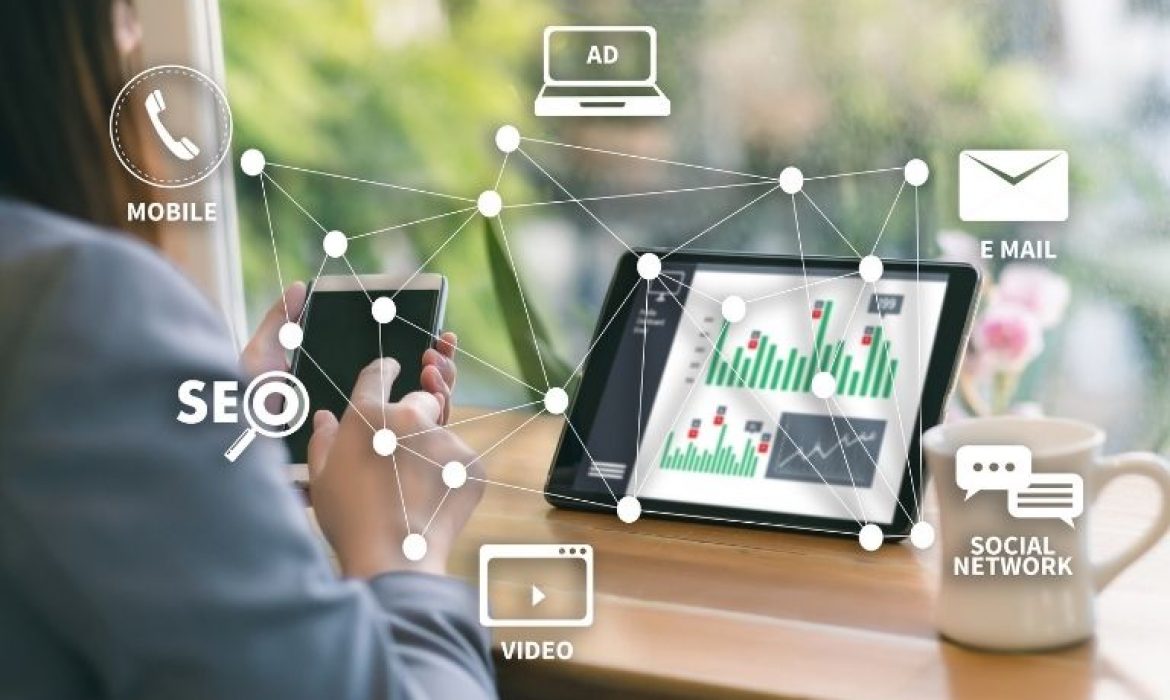 360-Degree Digital Marketing Services: What’s included?
360-Degree Digital Marketing Services: What’s included?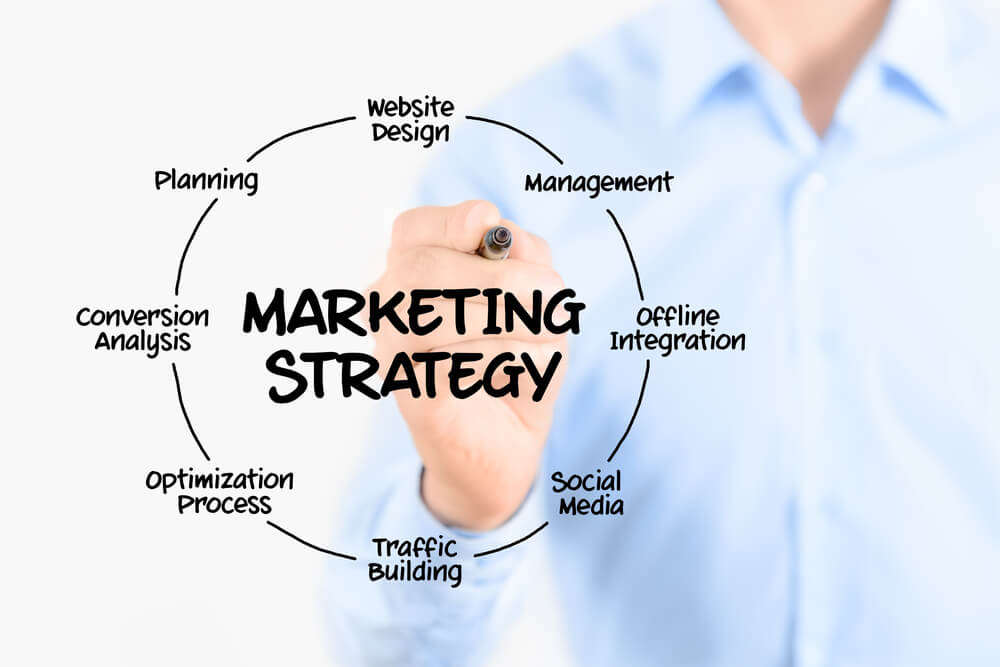 What are the Different Types of Marketing?
What are the Different Types of Marketing? 5 Tips for Sharing Files and Information Online
5 Tips for Sharing Files and Information Online 6 Major Factors To Consider Before You Hire Marketing Agencies Auckland
6 Major Factors To Consider Before You Hire Marketing Agencies Auckland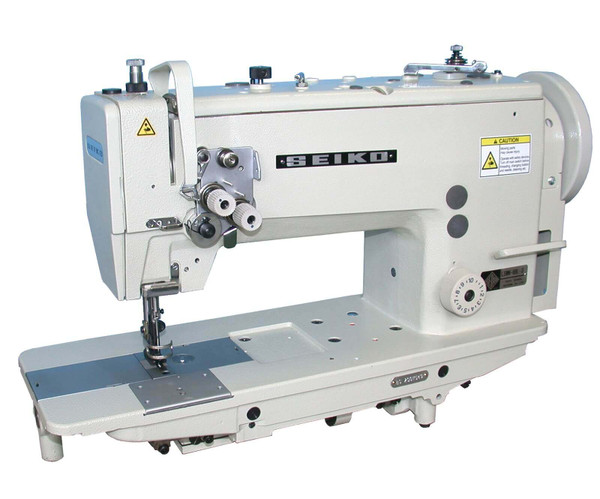 First-Time Buyer’s Guide to Industrial Sewing Machines
First-Time Buyer’s Guide to Industrial Sewing Machines Benefits of Hiring a Full Time SEO Specialist
Benefits of Hiring a Full Time SEO Specialist Tips For Effective And Appealing Web Design
Tips For Effective And Appealing Web Design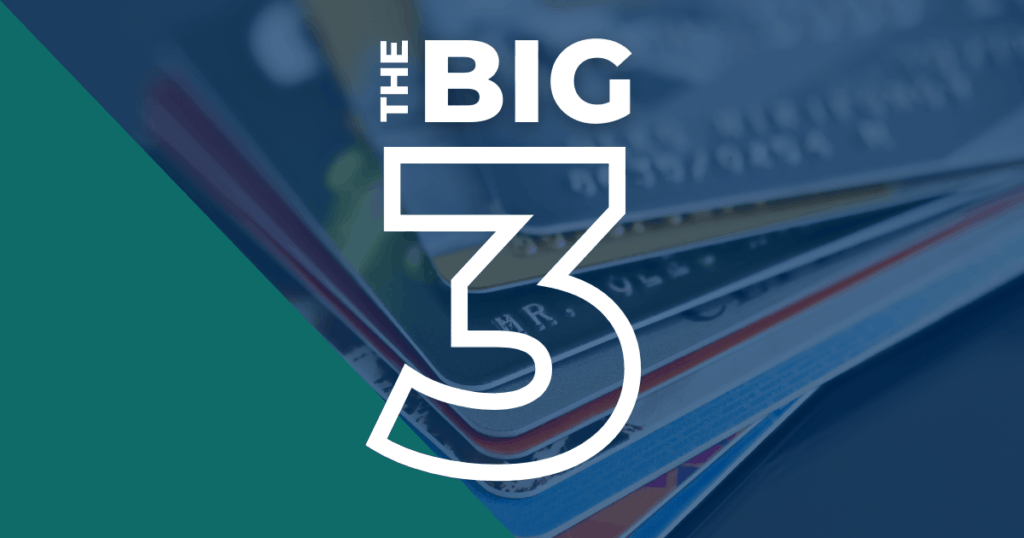 3 Biggest Strategies That Can Help You Scale Up Your Company
3 Biggest Strategies That Can Help You Scale Up Your Company Using An SEO Consultant To Amp Up Your SEO Strategy During COVID-19
Using An SEO Consultant To Amp Up Your SEO Strategy During COVID-19- What Is The Essence Of Enterprise Resource Management Systems
How To Make Your Air Conditioning Business Ready For Google?
 Why Should You Add Comments To Your Blog?
Why Should You Add Comments To Your Blog?) 3 Reasons Why Forecasting Sales Is Important For Businesses
3 Reasons Why Forecasting Sales Is Important For Businesses
Most Viewed Posts
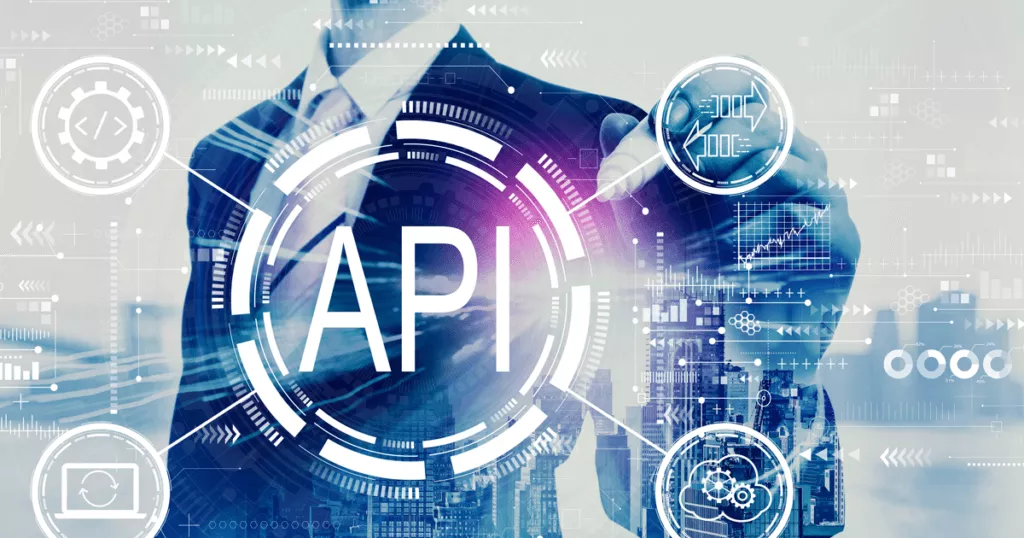 API Integration Best Practices: Ensuring Secure and Scalable Solutions
API Integration Best Practices: Ensuring Secure and Scalable Solutions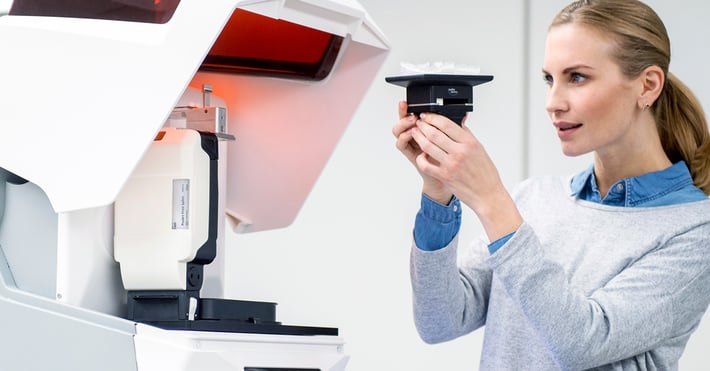 On The Whole Learning Elaborating Open Source API Tools
On The Whole Learning Elaborating Open Source API Tools Eliminate Annoyance By Fixing These Google Drive Problems
Eliminate Annoyance By Fixing These Google Drive Problems Reasons To Kick-Start Node JS Centric Product Development With Full-Swing
Reasons To Kick-Start Node JS Centric Product Development With Full-Swing Reasons Why It Is Important to Select the Best Online Education Platform for a Programming Assignment
Reasons Why It Is Important to Select the Best Online Education Platform for a Programming Assignment 6 Benefits of Using a Good Website Builder
6 Benefits of Using a Good Website Builder Techinques To Take Services For App Developers
Techinques To Take Services For App Developers- Four compelling reasons why the cloud makes it easy is the ideal IoT application
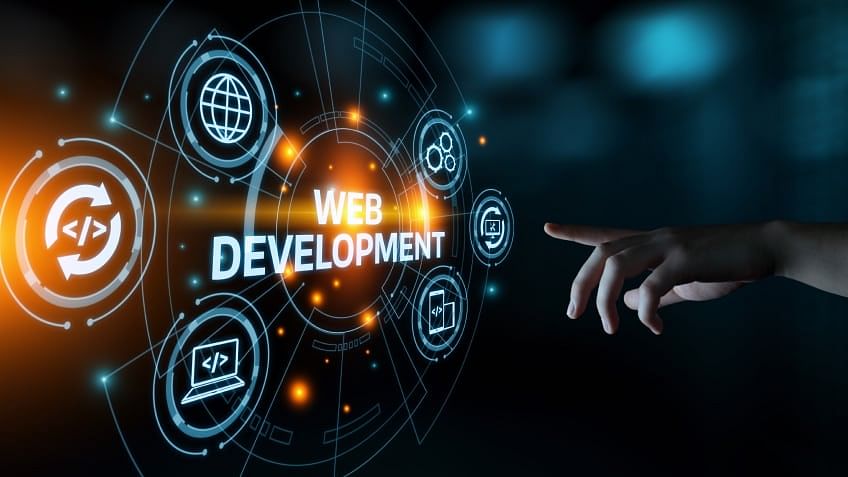 A Guide To Hiring The Best Web Development Company
A Guide To Hiring The Best Web Development CompanyThe Best Tools For Mobile-First Indexing Strategy Development
